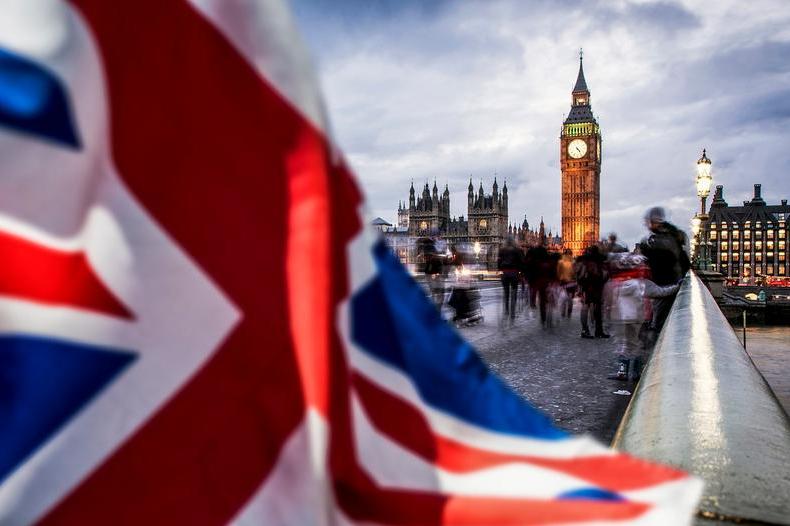Government maintains UK+ IP exhaustion regime
The Government has committed to maintaining the current UK+ intellectual property exhaustion regime, following a period of consultation.

The Government has announced its decision to maintain the UK+ exhaustion regime for intellectual property rights, bringing certainty to businesses and trade mark practitioners across the United Kingdom.
After thorough review of the intellectual property landscape post-Brexit, the Department for Science, Innovation and Technology (DSIT) has confirmed that the current UK+ exhaustion regime will remain in place, following consideration of several alternative models for managing parallel imports.
Minister emphasises stability and balanced approach
Parliamentary Under-Secretary of State for AI and Digital Government, Feryal Clark MP, highlighted the Government's commitment to a balanced approach in her announcement statement.
"I am pleased to announce that this government has chosen to maintain the unique UK+ exhaustion regime. It is a stable, well-understood regime that meets our objective to provide balance by having parallel importation laws which promote the interests of the British people and our IP-rich businesses," the Minister stated in her foreword to the response document.
"We have listened to the views of businesses of all sizes and from across a range of economic sectors. While there were strongly held views on this decision, the UK+ regime had support across respondents to the public consultation," Clark added, emphasising the broad consensus behind the decision.
Understanding the UK+ exhaustion regime
The UK+ regime, which has been in place since January 2021 following the UK's exit from the European Union, represents a bespoke regional approach to parallel importation rules. Under this system, intellectual property rights in goods are exhausted in the UK when a good is placed on the market in either the UK or the European Economic Area.
In practical terms, this means that goods placed on the market in the EEA can be parallel imported into the UK without the rights holder's permission in most circumstances. The Government's assessment concluded that this arrangement offers the most effective balance between the interests of businesses, rights holders and consumers.
Alternative options ruled out
The Government considered three alternative options for the UK's exhaustion regime but determined that none offered advantages that would justify a departure from the current system:
- A national exhaustion regime was deemed incompatible with the UK's international commitments under the Windsor Framework, which amended the Northern Ireland Protocol.
- An international exhaustion regime, while theoretically offering greater competition and potentially lower prices, lacked sufficient evidence that any savings would be passed on to UK consumers.
- A mixed exhaustion regime would likely create unnecessary regulatory complexity and administrative burdens, with specific rules for different goods, sectors, or IP rights potentially causing operational challenges.
Certainty for trade mark owners
The continuation of the UK+ regime means that trade mark owners can maintain their existing strategies for managing parallel imports and protecting their rights.
No implementation period will be needed, and businesses will not need to amend their contractual and licensing practices relating to the parallel importation of goods into the UK.
The Government's response document states: "The UK+ regime is a well-understood exhaustion regime that offers stability for Britain's IP-rich businesses to continue operating their business practices."
Consistent support for current system
The consultation, which was launched in June 2021 and ran for 12 weeks, received 150 responses from businesses of various sizes, organisations, including CITMA, and private individuals across numerous sectors. According to the Government's response, "Most respondents to the consultation noted that the UK+ exhaustion regime was working well, as it allowed them to continue utilising their existing business models."
Approximately three-quarters of respondents expressed a preference for one of the options presented, with the majority favouring maintaining the UK+ exhaustion regime. Over a third favoured a national exhaustion regime, while smaller numbers supported international or mixed exhaustion regimes.
Northern Ireland considerations
A key factor in the Government's decision was ensuring compatibility with the Windsor Framework, which amended the Northern Ireland Protocol. The Government's assessment confirmed that a national regime would not be reconcilable with these obligations, which require that parallel imports can move from the Republic of Ireland and other EU member states into Northern Ireland without restriction.
Growth through stable IP rights
Minister Clark highlighted how the decision supports the UK's innovation goals: "I am pleased to provide the clarity that businesses have been calling out for, helping to provide confidence to businesses, investors and consumers in our balanced IP framework. It is a decision that this government has taken to foster an environment that supports innovation and the further unlocking of economic growth."
We continue to engage with the Government on all matters relating to trade mark rights and will keep our members updated on any future developments in this area.

